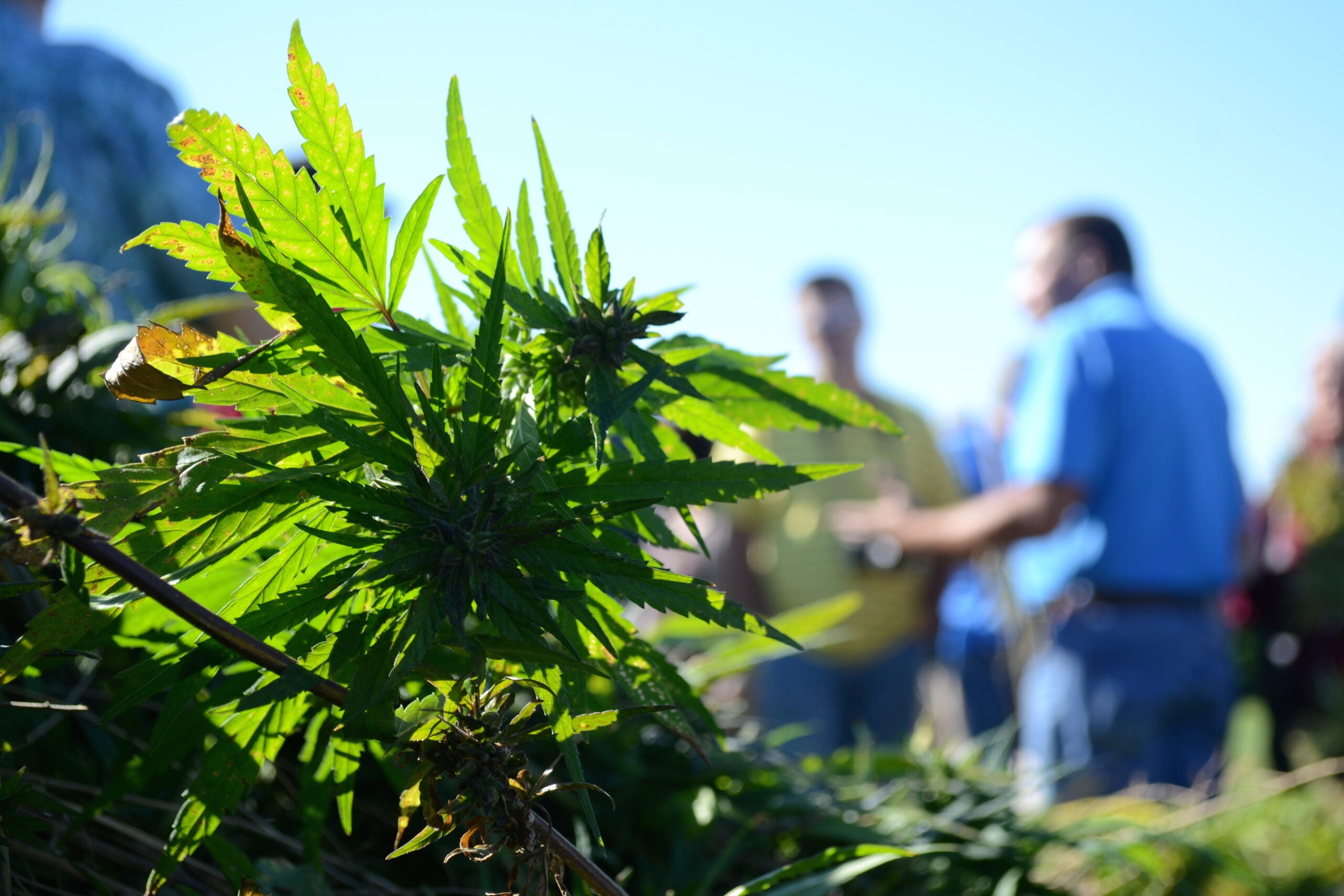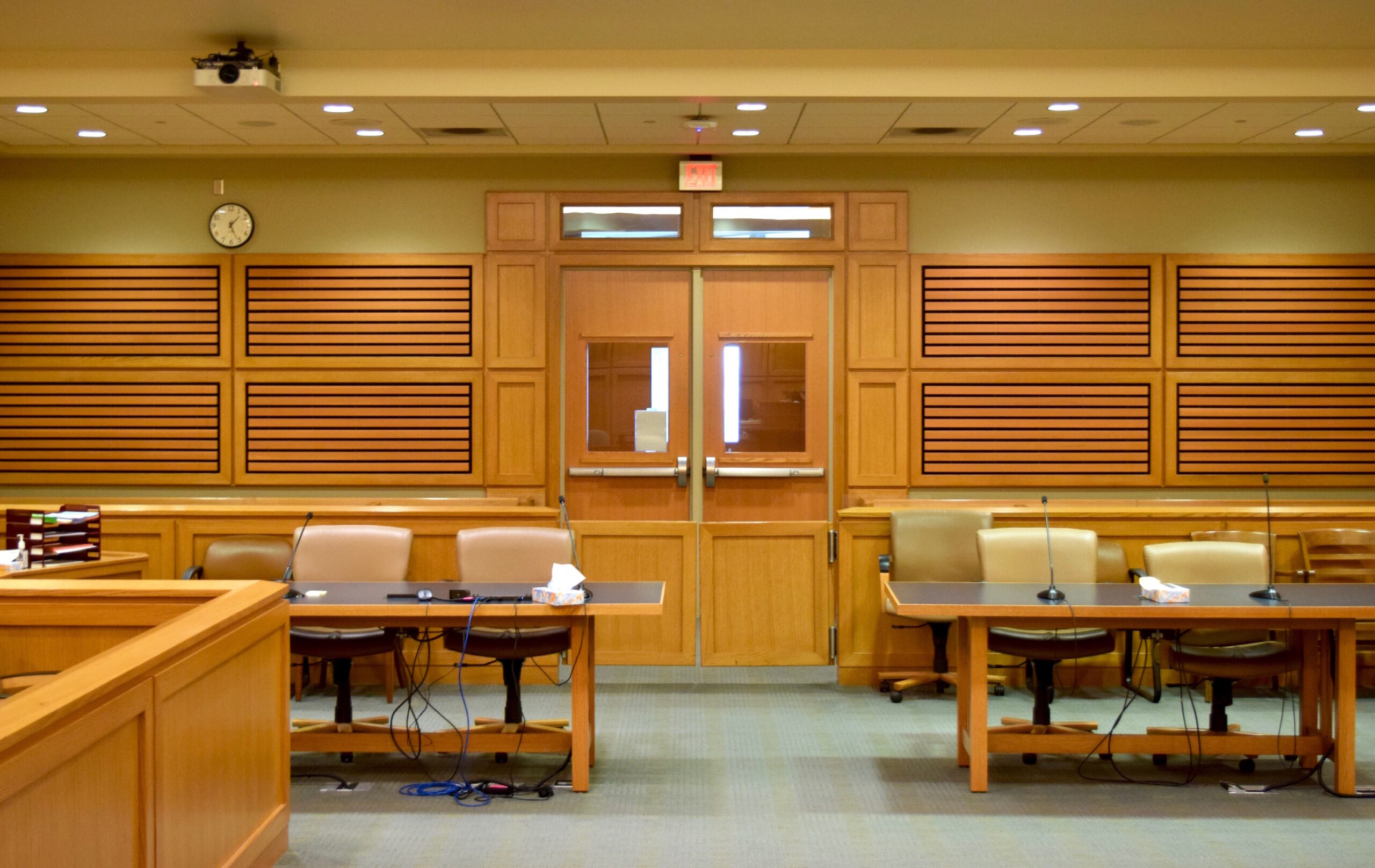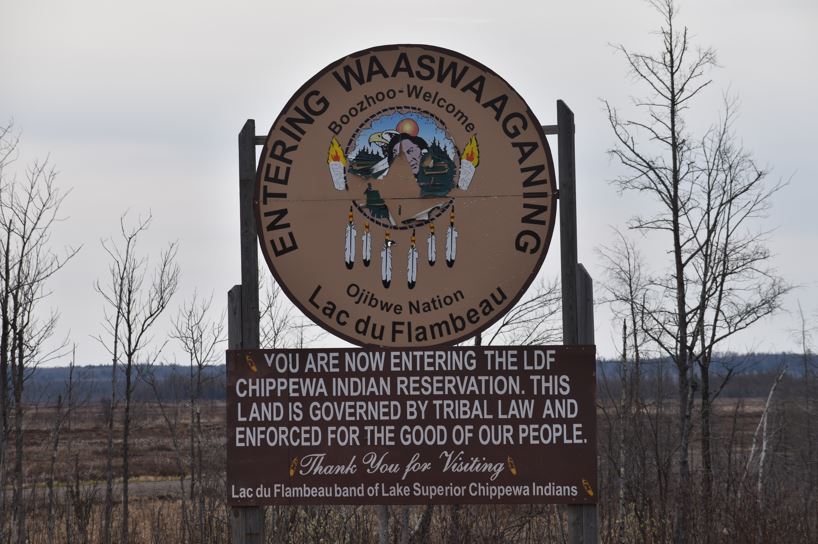A northern Wisconsin tribe is planning to grow hemp with the intent to produce cannabinoid or CBD oil.
Hemp production is illegal in the state although a bill is making its way through the Legislature to legalize production. The St. Croix Chippewa Indians of Wisconsin believe the state can’t prevent production on tribal lands. Jeff Cormell, general counsel for the tribe, said the state’s regulation of CBD oil opens the door for hemp production on the reservation.
“It’s a chicken and egg kind of argument. You can’t have CBD without having hemp,” he said. “When they began to regulate CBD, they began regulating all things under the definition of CBD, which would include the components of the marijuana plant that are required to create CBD.”
Stay informed on the latest news
Sign up for WPR’s email newsletter.
Cormell said that makes growing hemp to produce CBD oil a civil rather than criminal matter. Under a federal law, the federal government delegated criminal authority to states, which allows county sheriff’s offices to enforce criminal laws. But, the same law does not give states the right to enforce civil laws on tribes.
Cormell argues the tribe has the right to write its own laws to oversee hemp production because of the state’s regulation of CBD oil.
“Whenever a state begins to regulate something — no longer criminally prohibiting it — it becomes civil regulatory in nature,” he said. “When something is civil regulatory, the tribe has the right to write its own laws.”
People who suffer from seizures claim CBD oil alleviates their symptoms. Cormell said the state disagreed with the tribe’s interpretation of the law last August, citing the Controlled Substances Act.
Johnny Koremenos with the Wisconsin Department of Justice said in an email, “The tribes are well aware of the limitations imposed by state and federal law related to the production of CBD oil but we will not engage in a back-and-forth through the media with respect to this issue.”
A spokesman with Gov. Scott Walker’s office referred all questions to the DOJ on Monday.
Cormell said the tribe notified the state of their plans and gave them until this Friday to respond, but the tribe has not yet received a response. The St. Croix Chippewa expect to receive a response from the U.S. Department of Justice on the matter in the next several months.
The tribe’s attorney said they have begun clearing around 20,000 square feet of the tribe’s shuttered 170,000 square foot fishery. Cormell said they’ll begin placing orders for processing and distribution equipment by the end of the week. The tribe expects to invest about $1.2 million in hemp production over the next year.
Editor’s Note: This article was updated at 7 p.m. Monday, Oct. 23, 2017, with additional reporting by WPR.
Wisconsin Public Radio, © Copyright 2025, Board of Regents of the University of Wisconsin System and Wisconsin Educational Communications Board.






